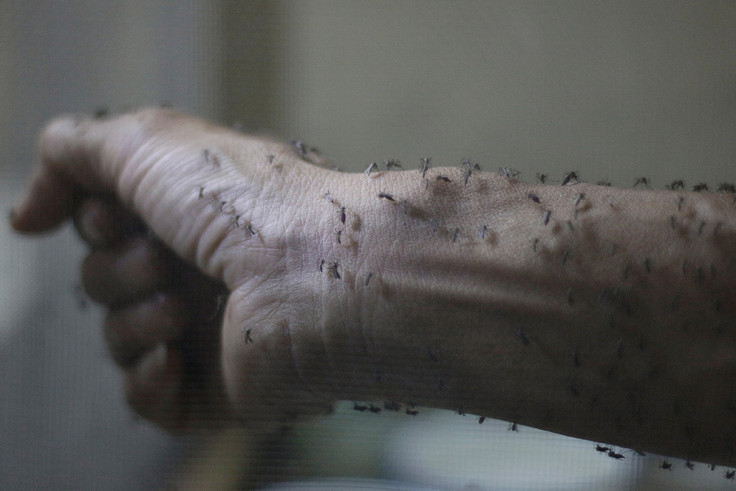Zika: India's Bharat Biotech claims to have two vaccines for virus linked to microcephaly

Scientists in Hyderabad in India are claiming to have two Zika vaccines following research that began nine months ago, and that they are now being prioritised to go through animal and human trials. Bharat Biotech International have said it began researching vaccines long before the outbreak in Brazil which started last year.
NDTV reportsthat assuming the vaccines make it through clinical trials successfully, it is believed that they could be rolled out to the public in around four months, with a million doses created in the process. The Indian Council of Medical Research (ICMR) has praised the pharmaceutical company for its foresight in the face of a growing pandemic.
"We have just been informed about the Zika vaccine candidate that Bharat Biotech has," said Soumya Swaminathan, director general at the ICMR. "We will examine it from the scientific point of view and see the feasibility of taking it forward. It is a good example of a 'Make in India' product."
Bharat Biotech began research on its vaccines nine months ago when its legally imported a live Zika virus to India. Information on how the vaccines actually work has not yet been released.
Since then, India's Prime Minister Narendra Modi has made it clear that the vaccines need to be fast-tracked through clinical trials.
Krishna Ella, managing director of Bharat Biotech, said: "On Zika, we are probably the first vaccine company in the world to file a vaccine candidate patent about nine months ago."
She told IBTimes UK: "Considering the prime target groups for vaccination, safety was an important factor. The formulated inactivated vaccine is expected to elicit a strong antibody response as we see humoral immunity offering a primary defense against Zika infection."
On 1 February, the World Health Organisation declared the Zika virus to be a global health emergency. More than 20 South American countries have confirmed cases of the virus, and it has since spread to Denmark and the US – where it was claimed that it had been transmitted through sexual contact. The virus has been linked to thousands of cases of the birth defects microcephaly, wherein babies are born with far smaller heads and brains.
Margaret Chan, WHO director general, said: "I am now declaring that the recent cluster of microcephaly and other neurological abnormalities reported in Latin America following a similar cluster in French Polynesia in 2014 constitutes a public health emergency of international concern."
© Copyright IBTimes 2025. All rights reserved.






















